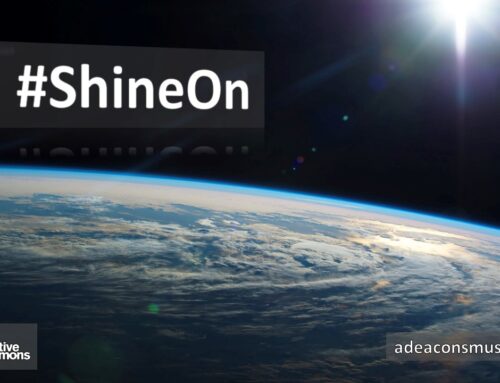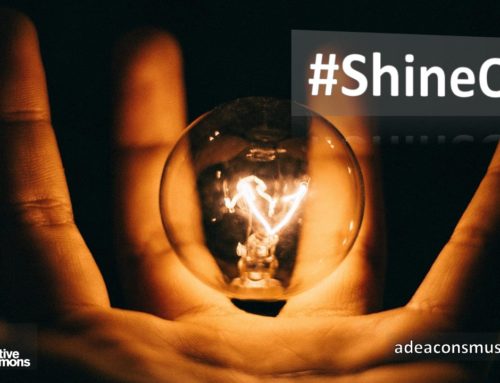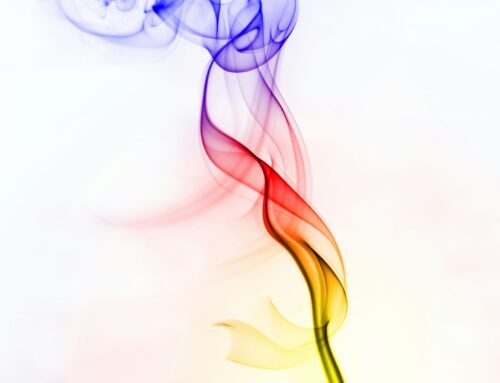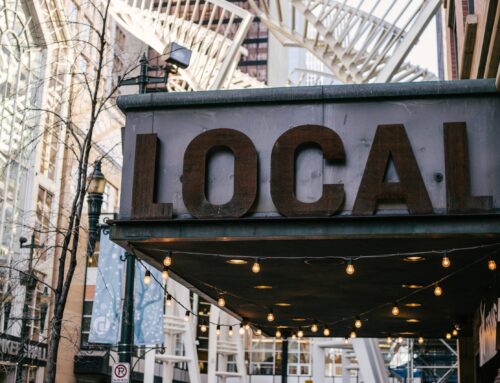Holy Creator, may the words of our being reach you, learn from you, and when finally spoken, be pleasing to you.
Last week, I found myself running along the Meewasin, heading south. During this outing, I was embraced by the waning Easter moon and I found myself reflecting on resurrection’s promise. Yet I could not get there, to the transformative hope the season promises, without a journey back to the place, time and space called Holy Saturday.
Shelly Rambo, in her book, Spirit and Trauma: A Theology of Remaining, shares this:
Holy Saturday reveals a distinct landscape of suffering that cannot be understood exclusively in terms of the passion; neither can it be interpreted in relationship to resurrection. Instead, the experience of God in hell is an experience of death extending beyond its conceivable boundaries;
(Shelly Rambo, Trauma)
In this landscape, in which we continue to find ourselves in a pandemic exile, three stories have surfaced that I would like to share.
The first is a love story. One which I was invited to witness almost five years ago. In my online presence, in which people share trust on multiple vulnerable issues, ranging from a crisis of faith to lamenting a seemingly absent of Creator. Questions arise that centre around where is this all-loving God in the midst of LGBT oppression and Christian colonising that continues?
This love story involves two people from a land where who you can and cannot love is not only defining, but it can also be lethal if it is someone whom you should not. Love, however, perseveres.
In this story, these two lovers flee their homeland, arrive in exile in a UN Refugee camp in a land far away and begin to seek a new home. That is where I come into their story. In time we meet, greet and pray. Then, they begin the long arduous process of coming to Canada.
In this time, they are separated, arrested, fall ill and, most harrowing, their child born in this place of exile is threatened to be seized and the lovers expelled. It is in this distinct landscape of Holy Saturday hell that we shall leave them, for now.
The next theme in this time of pandemic exile that has emerged involves friends and peers, alum and ministers, who are offering care and advocacy in the midst of the fentanyl crisis. In places where families are rent apart in the midst of addiction, job loss, and concerns of mental wellness, lay and ordered people have found themselves sitting with the powerless in a system that often diminishes their agency and too easily dismisses and demonises. In this landscape of desolation, obscured by other media crisis and agenda, lament cries out, seemingly unheard in this time of Holy Saturday.
The final tale that has surfaced for me is our own. A denomination stuck in decades of deficit’s tempting lull at the expense of missional discernment. In this place, congregations die, the faithful disperse and the Body suffers. Our beloved college, as a member of the same body, now too finds itself struck by heart-wrenching decisions that have left lives unmoored, trust decimated, and dreams shattered. Regardless of the intention of choices made, in this landscape, there is anger and a sense of betrayal
And here, in this place, time and space called Holy Saturday let us pause in silence’s midst …
Holy Creator, may the words of our being reach you, learn from you, and when finally spoken, be pleasing to you.
Last week, I found myself running along the Meewasin, heading south. During this outing, I was embraced by the waning Easter moon and I found myself reflecting on resurrection’s promise. To recognise resurrection has required travelling through Holy Saturday. This exploration has led me to recognise Easter’s hope as resilience in the midst of hurt.
In this recognition, the words of Shelly Rambo again feel like helpful touchstones:
If we read this sacred story as a story of survival, we are pressed to think about what it means to remain in the aftermath of a death that escapes our comprehension. To witness this sacred story is also to receive it for the truth that it tells: love remains, and we are love’s witnesses
(Shelly Rambo, Trauma)
Several weeks ago, that refugee love story about which we just spoke, was transformed. Canadian approval has arrived, the lovers and their children will soon arrive in a small Manitoba town that will welcome them warmly. But what life will look like will be filled with challenge. From language’s barrier, faith community’s possible support fatigue and the reality of racism, the lovers’ resilience will have prepared them for this new beginning.
For those people living on the front lines of the fentanyl crisis, both those offering care and those seeking healing, the struggle continues. For some, amid awakening, there is a claimed fortitude in knowing where and when to advocate and how to listen without having to fix. For those recovering, there is recognition of what was lost and what now will be required to move on into a future that is yet to be appreciated.
And for us, here in this place called St. Andrew’s College, there is the possibility of knitting together the past with a future anticipated. The hope of coming into closer relationships with partners in the Saskatoon Theological Union, denominational friends and St. Thomas More is a choice that, nonetheless, leaves scars and hurt. In the reality that Holy Saturday is not just a moment, but an ongoing reality, the paradox and depth of resurrection is not a figurative tale or fanciful imagining. Crucifixion’s scars remain on the One who beckons to us upon Easter’s dawn.
As we are reminded in the Emmaus story, the journey through Lent reveals to us the reality of grief, suffering, trial and uncertainty. Yet on this path, whether stranger or friend, there is a presence that often first appears shrouded in mystery. As we waken to this companion, hope dawns and what is revealed is that love remains. In the moment of that revelation, our task upon this new way becomes clear.
To embody this sacred story, we are called to go forth, transformed, to bear light’s love. This demand requires of us that we who journey from death’s desolate landscape must return. We are summoned to bear the tale that love endures, and we are Her witnesses as we return to those still imprisoned by Holy Saturday shadows.
May It Be So.









Your reflections are most welcome!